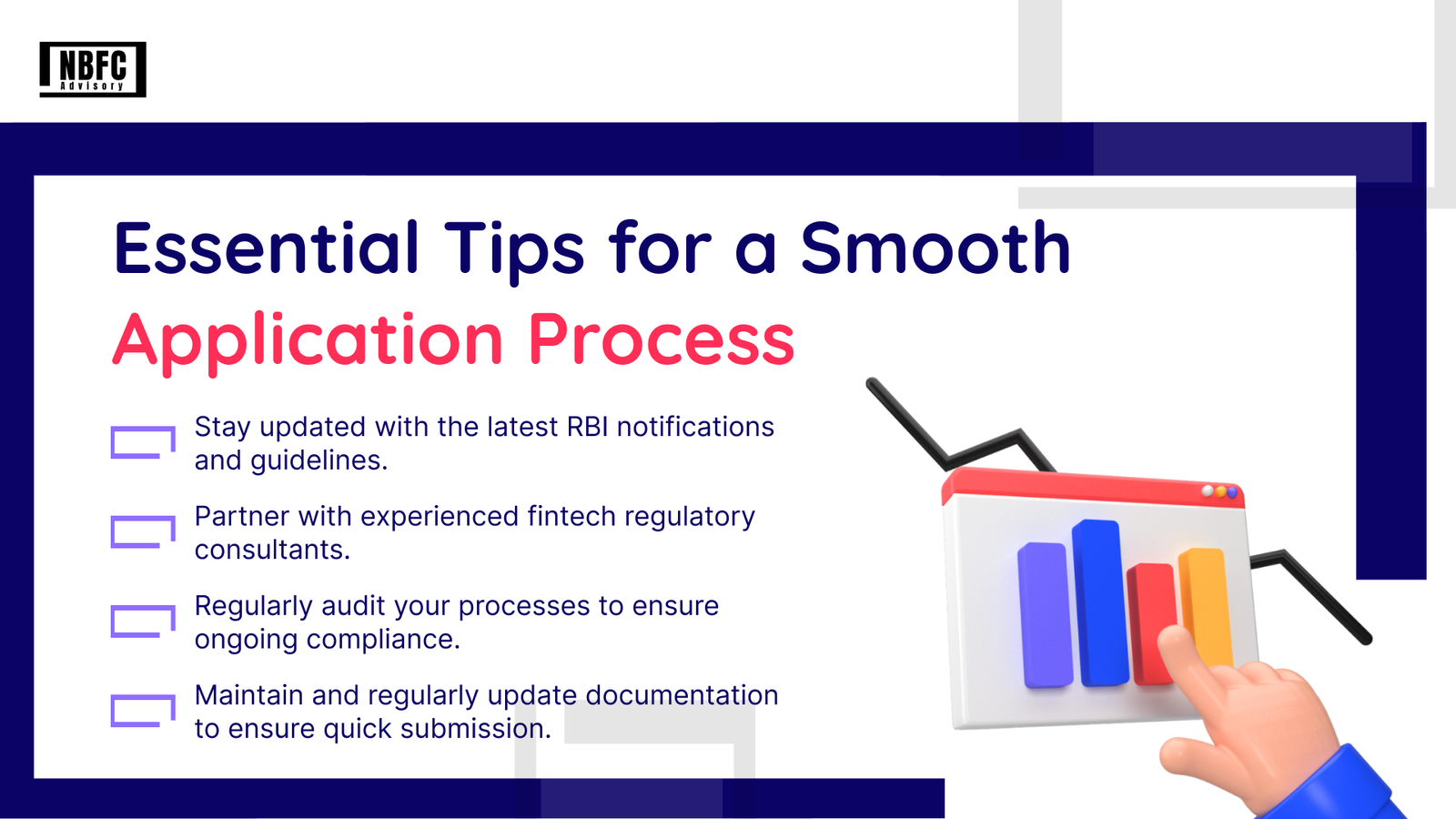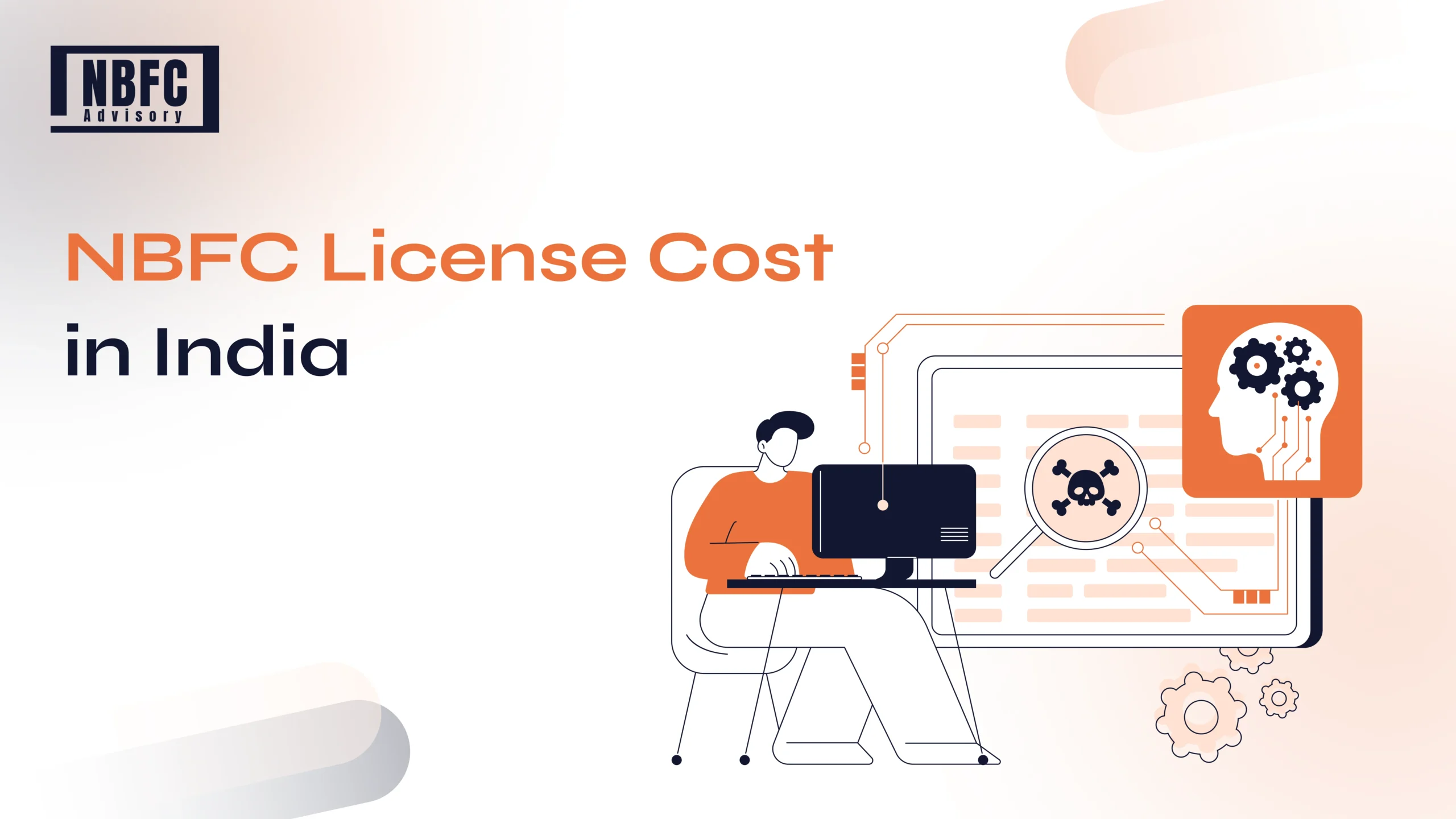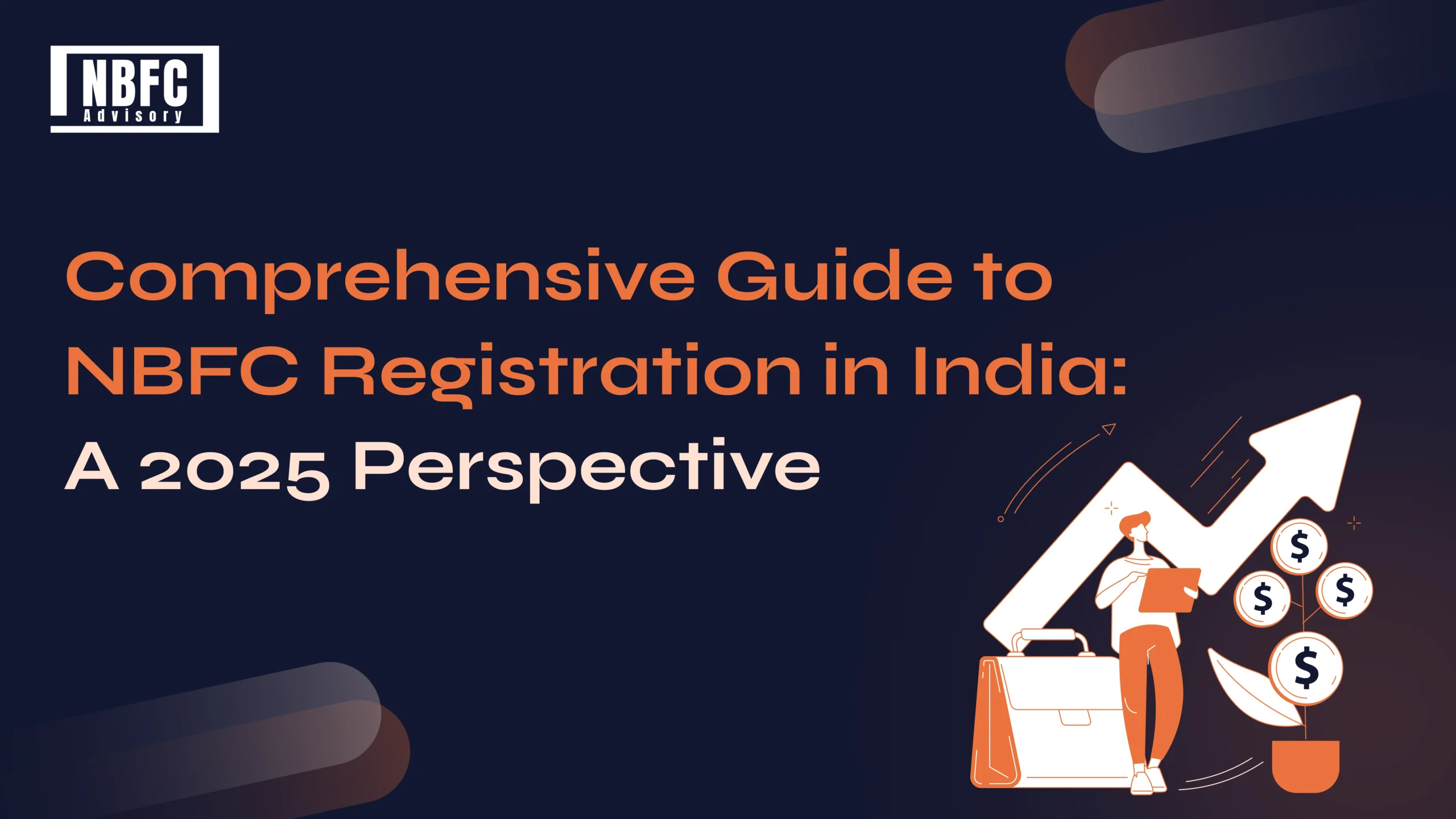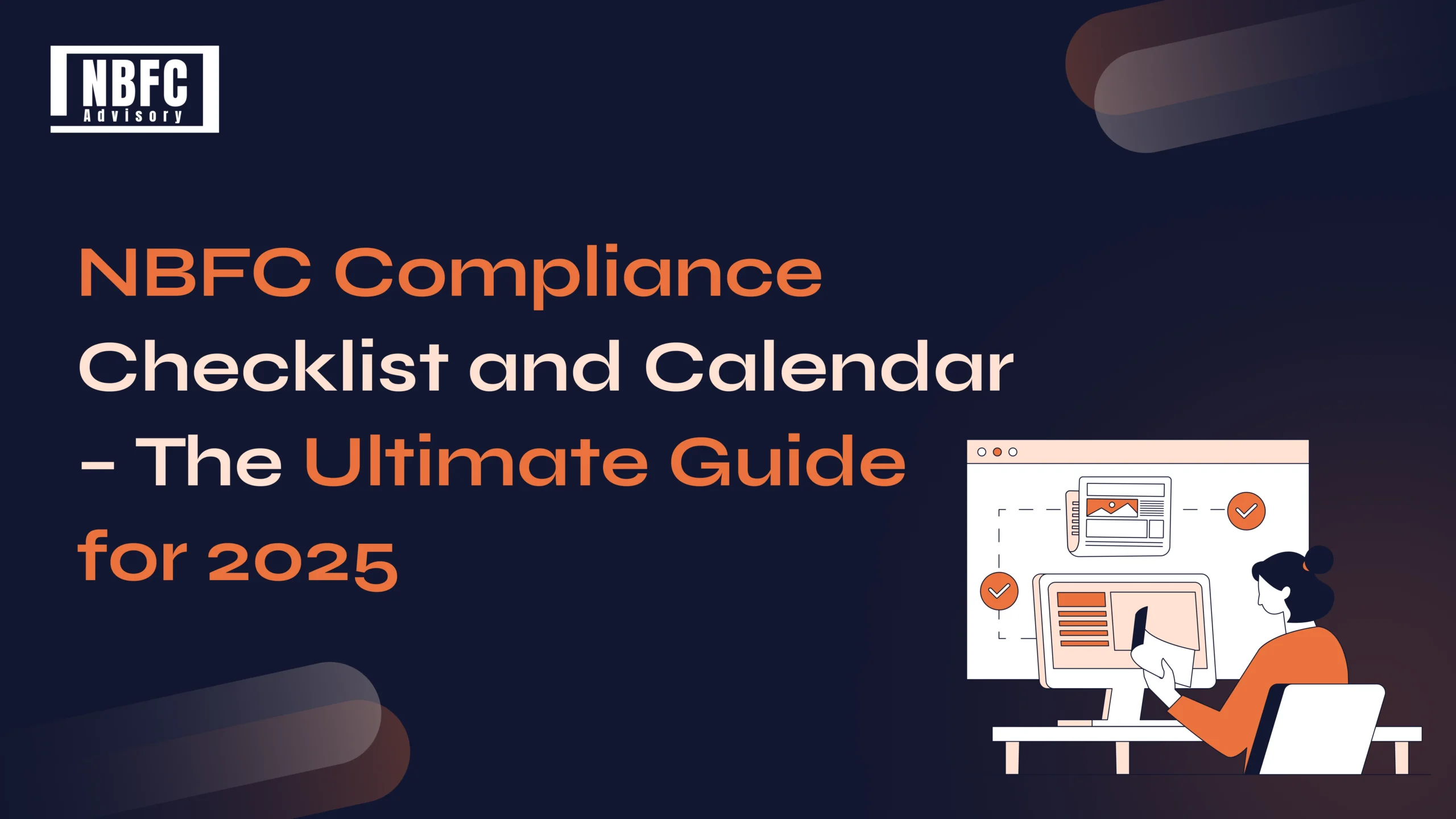Inside This Article
Digital transactions in India have surged tremendously in recent years, presenting enormous growth opportunities for fintech businesses. To legally operate and thrive in this rapidly expanding digital ecosystem, obtaining a Payment Gateway License or Payment Aggregator License from the Reserve Bank of India (RBI) is essential. In this blog, we provide a clear and practical guide, covering everything from eligibility criteria and documentation to the approval process, challenges, and solutions to navigate these complexities smoothly.
Throughout this guide, we’ll cover:
- Understanding the Payment Gateway License
- RBI’s eligibility criteria
- Key documentation required
- The application and approval process
- Common challenges and practical solutions
- The importance of regulatory compliance
What is a Payment Gateway License?
A Payment Gateway License, often called a Payment Aggregator License, permits fintech companies to securely process online transactions, handle payments, and manage customer data responsibly. Governed by the Payment and Settlement Systems Act (2007), the license aims to enhance consumer protection, transparency, and cybersecurity in India’s digital payments sector.
Eligibility Criteria for RBI Approval
✔ Company Structure:
- Your business must be officially registered as a private or public limited company under India’s Companies Act, 2013.
✔ Net Worth Requirements:
- You must maintain a minimum net worth of ₹15 crore, verified through audited financial statements or a certificate from a Chartered Accountant.
✔ Directors and Promoters:
- Directors and promoters should have a credible financial background without any criminal or negative financial history.
Documentation Required for Application
To pass RBI’s detailed review, applicants must prepare the following documents:
- Certificate of Incorporation
- Memorandum of Association (MoA) and Articles of Association (AoA)
- Detailed business plan, including clear financial projections
- Proof of minimum net worth
- KYC documents (PAN, Aadhaar) of promoters/directors
- Partnership agreements with banks for settlement processes
- Comprehensive IT and data security infrastructure plans
- Clearly defined policies for Anti-Money Laundering (AML), Know Your Customer (KYC), data privacy, and cybersecurity
The Application and Approval Process
Company Incorporation:
- Register your company with the Ministry of Corporate Affairs (MCA).
- Ensure your MoA explicitly lists payment gateway services as a core business activity.
Documentation Submission:
- Compile and submit thorough documentation to RBI.
- Pay the required application fee (currently ₹10,000).
RBI Review and In-Principle Approval:
- RBI conducts an extensive review and issues an in-principle approval if satisfied.
- After receiving this approval, you can proceed with finalizing your technological infrastructure.
System Audit and Final Licensing:
- Conduct a Systems Audit as mandated by RBI.
- Submit the audit report to RBI; upon approval, you’ll receive your final license.
Common Challenges and Practical Solutions
✔ Compliance Complexity:
- RBI’s stringent guidelines on cybersecurity and data management may appear overwhelming initially. Solution: Work closely with regulatory experts who specialize in fintech compliance to simplify and manage your obligations effectively.
✔ High Infrastructure Costs:
- Developing an RBI-compliant IT and security infrastructure can involve significant initial costs. Solution: Opt for scalable solutions that match regulatory requirements while remaining financially feasible.
✔ Complex Documentation Process:
- Preparing extensive documentation and meeting RBI’s precise standards is challenging. Solution: Engage specialized advisory services to streamline your documentation, ensuring clarity and completeness from the outset.
Importance of Regulatory Compliance
Meeting RBI’s regulations is crucial for your fintech business’s long-term health and growth. Non-compliance could result in significant penalties, operational disruption, and damage to your company’s reputation. Staying compliant safeguards your business, enhances credibility, and fosters sustained customer trust.
Essential Tips for a Smooth Application Process
✔ Stay updated with the latest RBI notifications and guidelines.
✔ Partner with experienced fintech regulatory consultants.
✔ Regularly audit your processes to ensure ongoing compliance.
✔ Maintain and regularly update documentation to ensure quick submission.
Conclusion
Securing a Payment Gateway or Payment Aggregator License is a significant milestone for any fintech business aiming to capitalize on India’s booming digital payments landscape. By thoroughly understanding RBI’s expectations, preparing detailed documentation, and proactively addressing potential hurdles, you can efficiently navigate the licensing process.
Collaboration with trusted experts in regulatory compliance will further enhance your success, helping your business confidently enter and prosper in India’s fintech ecosystem.
📢 Ready to embark on your fintech journey? Contact NBFC Advisory today for tailored advice and dedicated support in obtaining your Payment Gateway License.
📞 Call Us: +91 93287 18979 | 🌐 Visit: nbfcadvisory.com





